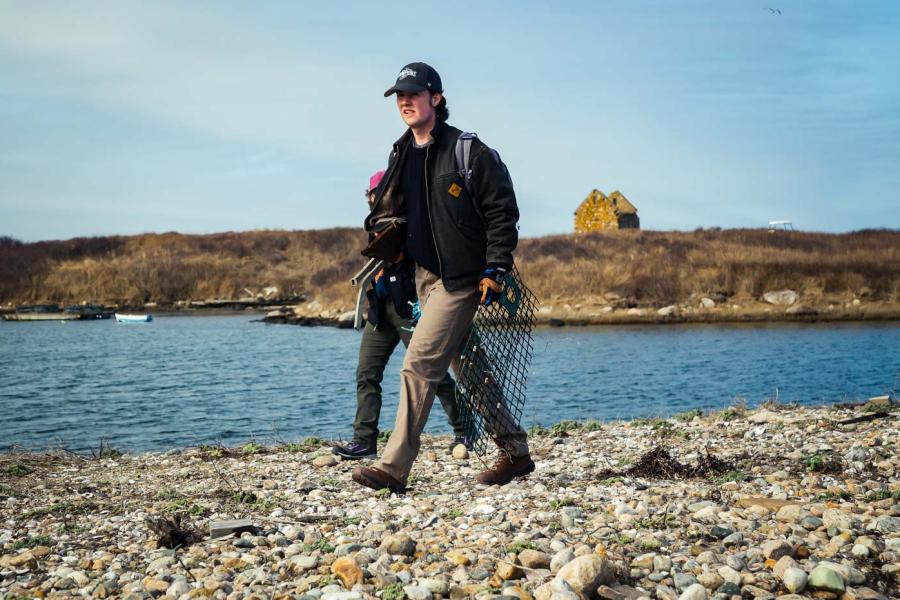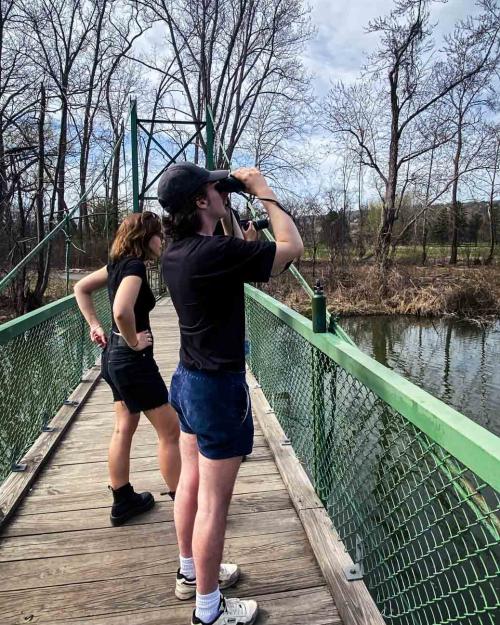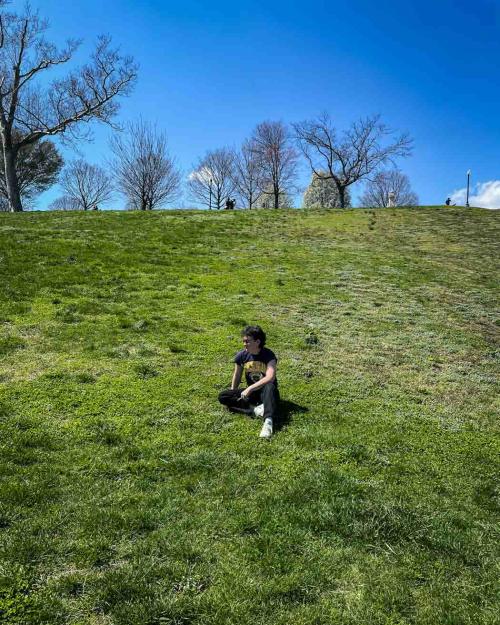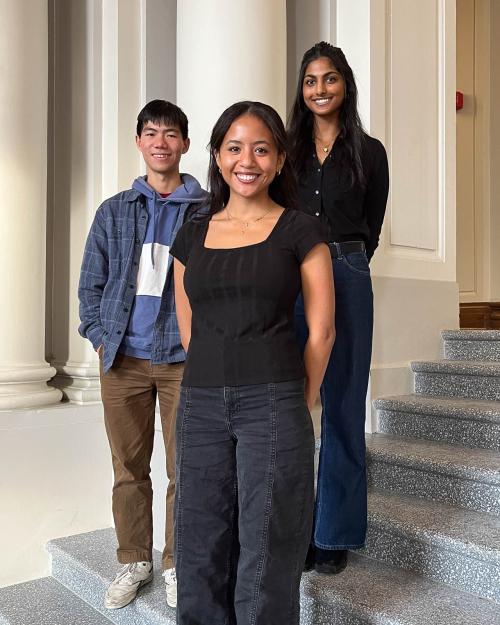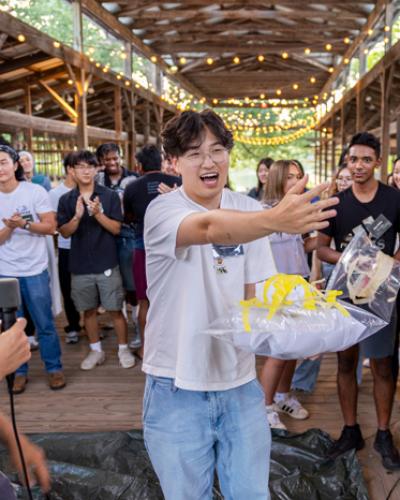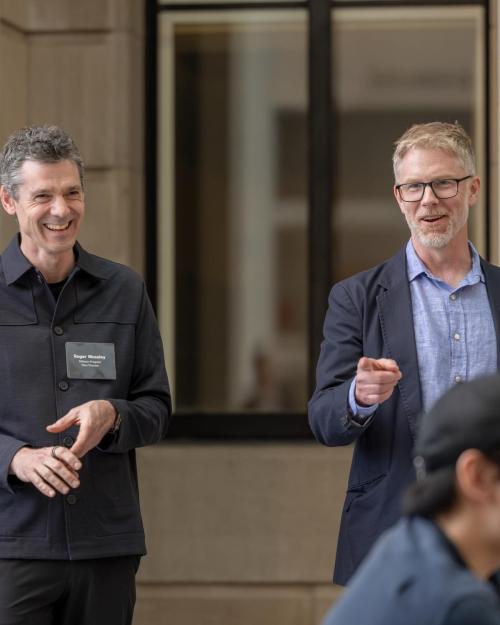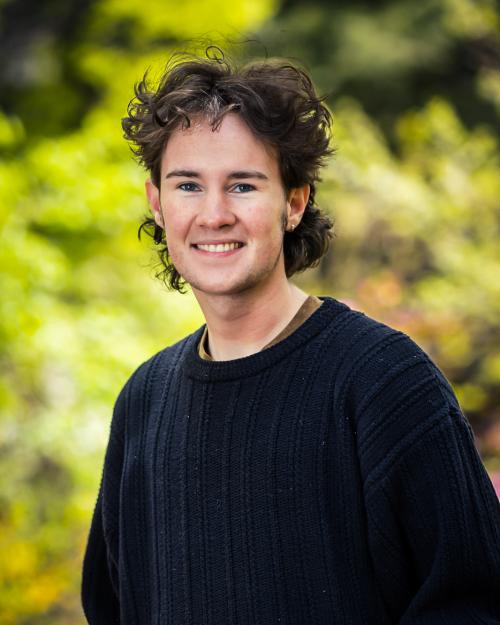Hal Reed
Information Science & History
Audubon, Pa.
What is your main extracurricular activity and why is it important to you?
Naming my living space as my main extracurricular activity might be surprising to anyone who hasn't spent time in Watermargin Cooperative House. Beyond spending three semesters as house manager, which afforded me the opportunity of facilitating the maintenance and preservation of a historic house, Watermargin also enabled me to live among some of the most passionate, caring, and engaged people I've ever met. I can think of a number of conversations — at education events, while cooking house dinners, or even just lounging on the porch — which have changed the way that I see the world.
What have you accomplished as a Cornell student that you are most proud of, either inside the classroom or otherwise?
My senior history thesis is the accomplishment that I am most proud of, because it enabled me
to bring together aspects of history, technology studies and design thinking that have inspired me throughout my academic career. This project analyzes the period of commercial Westinghouse "robots" (1927-1940) to historicize how technology can be engaged with, not based on material function but on the performance of values, which relates to many criticisms of the contemporary perceptions of technology as divorced from the social contexts in which it operates. The process of this project — including archive trips, literature review and the invaluable feedback of my long-term faculty mentors — was one of the most intense and rewarding experiences of my education.
How have your beliefs or perspectives changed since you first arrived at Cornell?
"Coming out" as a trans person at Cornell in particular has changed my perspectives in
unexpected ways: while life has afforded me invaluable opportunities for introspection and self-discovery, I've found that the most rewarding aspects of this journey are relational. Others' capacity to support, relate and engage meaningfully has inspired me to seek understanding and trust in a way that would not be possible alone. The community that I've found here has taught me that there is no experience which can be better faced or even understood in solitude: we are all wonderfully entangled and can only benefit to understand our own position by relating to that of another.
Why did you choose Cornell?
When I was figuring out which schools to apply to, I had the goal of studying computer science in the context of humanities frameworks; I had a lot of curiosity about computing and enjoyed building technological skills, but I also wanted to continue practicing my passions for media and history. The fact that Cornell offered a CS major in Arts & Sciences connected deeply with me, and I was even further excited by the Milstein Program in Technology & Humanities and their goals to pursue the same intersections I valued. Looking back, I am grateful for whatever wisdom my 17-year-old self had: the fact that my path evolved from CS to information science and history has shown me the importance of faculty and structures that promote academic exploration.

